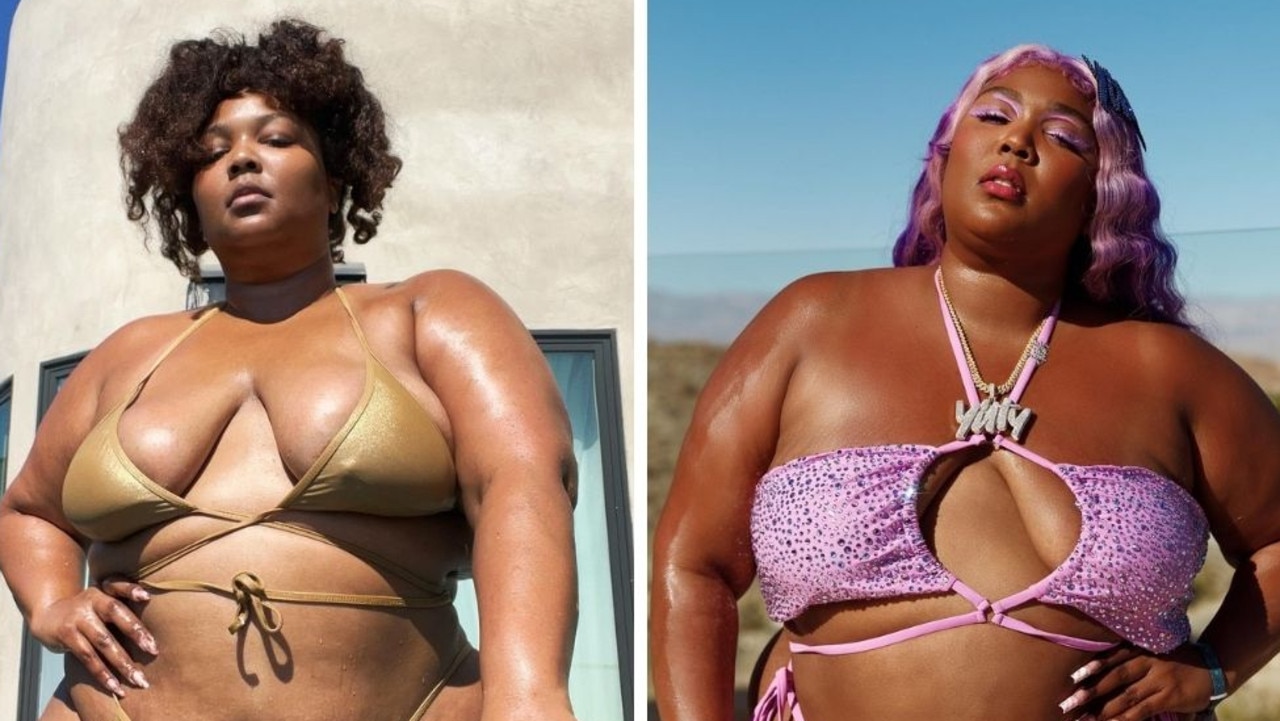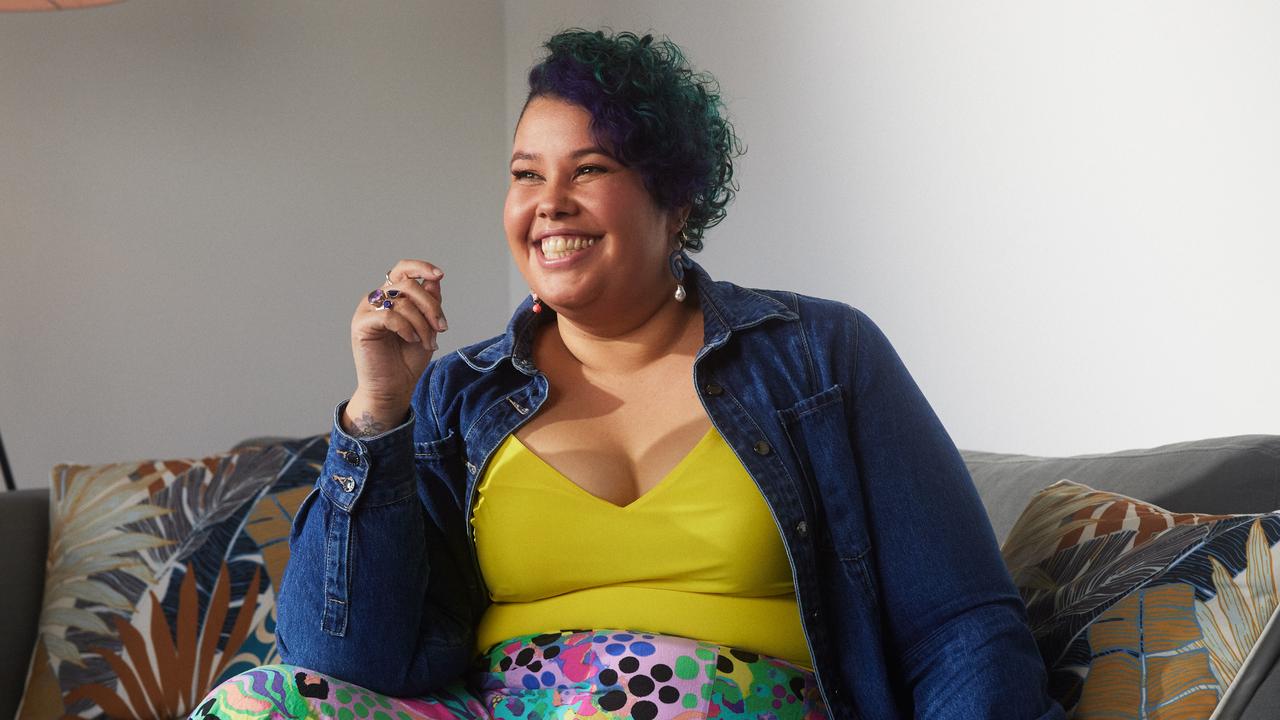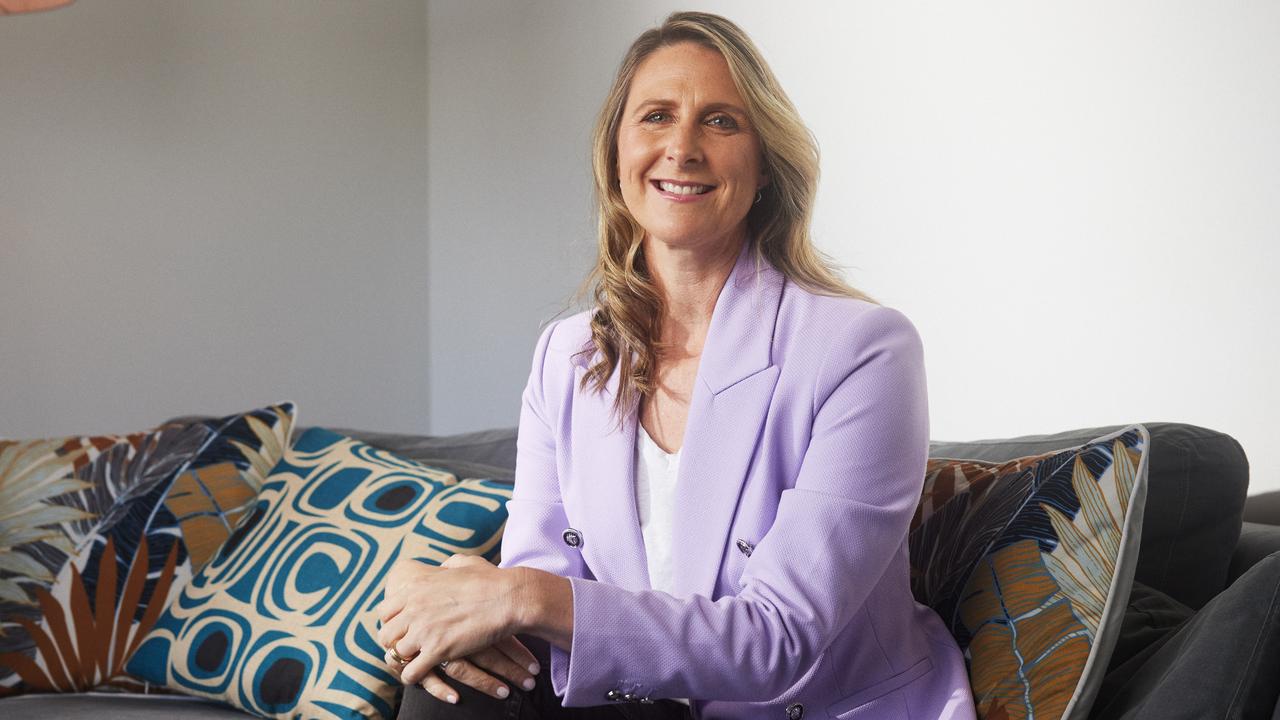‘If you don’t like bodies like Lizzo’s, you’re part of the problem’
If you’re one of the thousands of people who have negative things to say about Lizzo’s body, it says far more about you than it does about her.

US singer Lizzo is famous for her unapologetic body positivity - but every time she shares the picture, the haters come out to comment.
It’s an common issue for non-thin women and one Aussie influencer April Hélène-Horton — perhaps better known by her social media handle, @thebodzilla — faces every day.
But she’s convinced it has nothing to do with her or her body, and everything to do with the people making the negative comments.
“For example, people who have a problem with Lizzo — do you have a problem with Lizzo, or do you have a problem with yourself and you want to take it out on Lizzo because that makes you feel better?,” she told news.com.au.
“Because that’s a pretty standard reaction — people see something that makes them feel a certain way and think they have to comment on it … But I think for most of us, if we gave ourselves pause, any time we felt really strongly about something, we’d actually realise [upon reflection] that a lot of what we think is about what we perceive of ourselves.”

Hélène-Horton, 36, a mother-of-one and ambassador of the Butterfly Foundation’s The Next 20 campaign, has dedicated her life to “putting heaps of energy into talking about body acceptance, fat liberation, anti-fat bias, talking about the ways that we’re all affecting each other’s body image whether we know it or not, and trying to really uplift people to have more love for themselves — and focusing that much more heavily on people who have traditionally been excluded from conversations around bodies”.
“We know that there are people who have already gained quite a lot of success, both commercially and online, [by] talking about their flaws and their bodies, and they’ve done great things for people who can relate to those things,” she said.
“But if you live within [that] privilege where you’re able to walk outside with your clothes on and have nobody make a comment about your body, you may not understand what it is that other people go through.
“And so I think that my thing was I love that conversation, but let’s also extend the conversation to be about other people whose bodies are not accepted with clothes on.”
Hélène-Horton has spent almost her entire life accommodating people’s feelings about her body, a body that — in a society where the “ideal” for women is still to be thin, white and able-bodied, and more than one million Australians live with an eating disorder — exists outside the parameters too many deem “acceptable”.
For instance, she can’t share a photo of herself in a swimsuit to her 32,000 strong Instagram following and have it just be a photo of herself in a swimsuit.
“Earlier this year, I had a realisation that I was spending a lot of time trying to create a caption to go with an image, to justify and explain why I felt like I belonged there looking the way that I do. Why can’t I just turn up and be cute?” she said.
“There’s no kind of leeway for us — or there hasn’t been in the past — to just be an internet girly and do what other people do. If you want to post yourself being ‘brave’ in a bikini, you have to talk about it.
“And it’s like, a) I’m not brave, I’m simply existing, and b) I don’t want to always have to dredge up some feeling to write a long story about why it’s OK for me to accept myself — I just do.”


Asked what it is that drives people, in 2022, to fixate on another person’s body, especially in a negative way, the Butterfly Foundation’s National Manager of Prevention Services, Danni Rowlands, said the answer is simple: it’s fear.
“Fear is the thing that drives people, and their own internalisation. Fatphobia is a barrier to so many people having a healthy relationship with eating, physical activity and their body,” she explained to news.com.au.
“But it’s also a barrier to how they can see diversity in the world — because for people with a really strong, internalised thin ideal, they are seeing the world through eyes that say, ‘Bodies need to look a certain way’. So when bodies look outside of that ideal, it’s really confronting.”
Hélène-Horton is hopeful, though, “that there has been a shift in the way that we’re talking about acceptance and the way that we’re understanding what it means for people to live in marginalised bodies”.
The premise of Butterfly’s The Next 20 campaign is not only to celebrate the work they’ve done over the past two decades for eating disorder advocacy, education, intervention and prevention, but how their efforts can be strengthened further.
“[And] being able to expand the reach that they have by diversifying the representation that people see, both in the media in a positive way — so someone like me, who is a model and shows what it’s like to live unapologetically — but also in terms of if you’re seeking help for an eating disorder, being able to see yourself represented in the people who say, ‘Hey, I also live with an eating disorder and I sought help and, look, I’m doing better’,” Hélène-Horton said.
“If every person who had been exposed to negative bodies image conversations and eating disorders had had the same support — the support that they needed from someone like Butterfly — it would be so different.”
“Ideally,” Rowlands said, “we want to live in a society where every person of every body size can move through this world and reach their potential and not be limited or shamed or discriminated against because of the body that they have.”
Butterfly has been changing lives for 20 years, but The Next 20 are even more important. To learn more about Butterfly’s ambitions for The Next 20 and donate to help Australians with eating disorders and body image issues, please head to their website, here.






